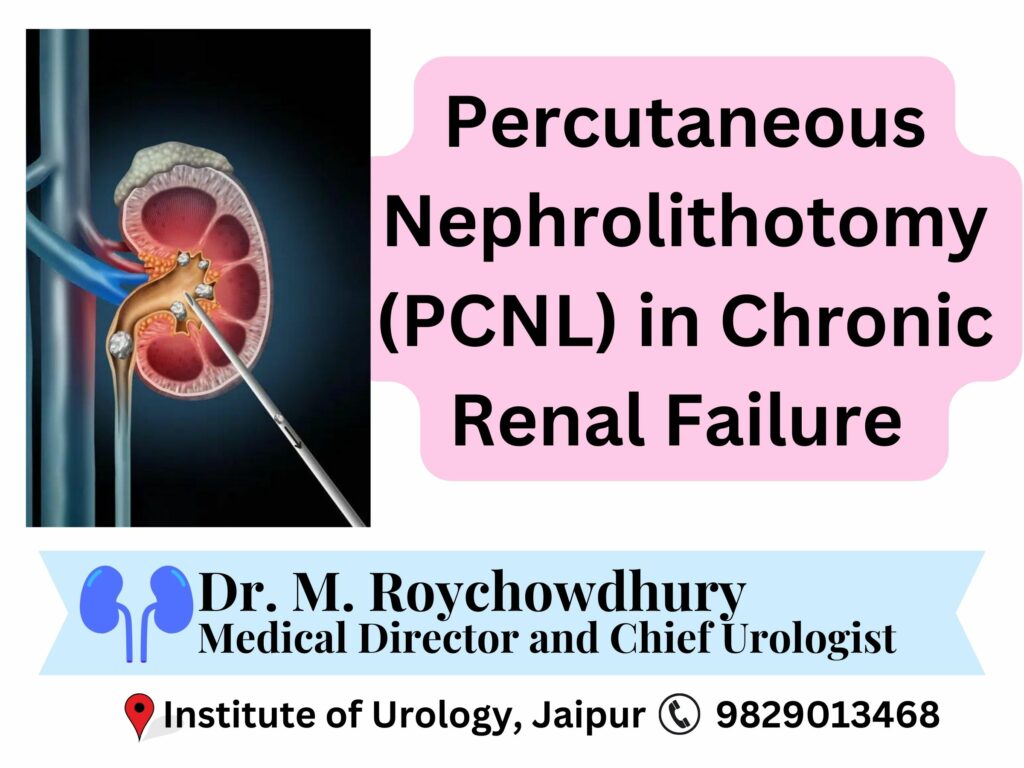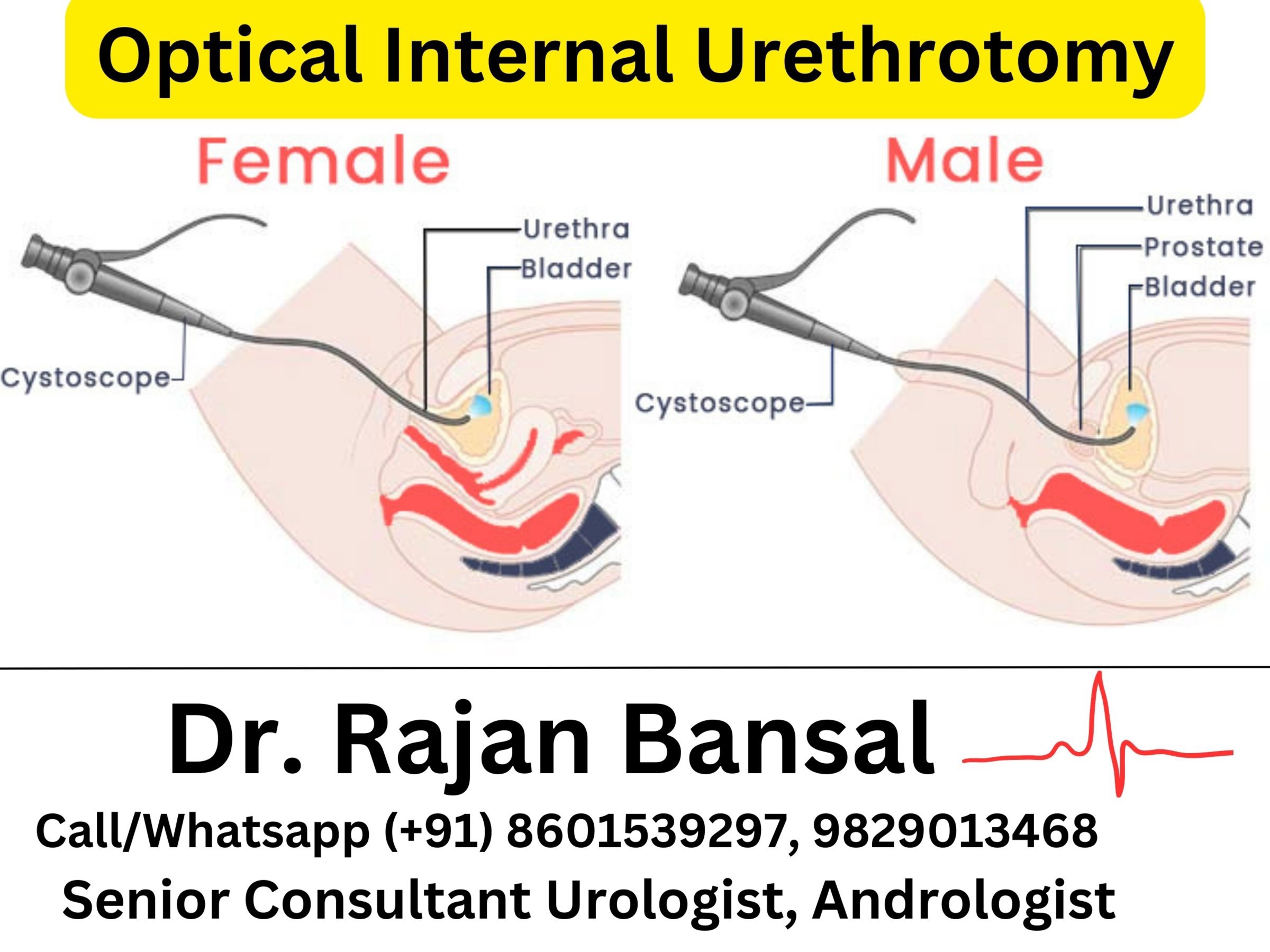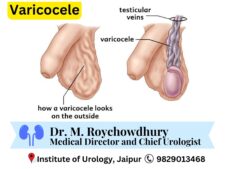Percutaneous Nephrolithotomy (PCNL) in Chronic Renal Failure (CRF): A Definitive Guide: Chronic Renal Failure (CRF) poses intricate challenges in the realm of urology. When kidney function is compromised, interventions like Percutaneous Nephrolithotomy (PCNL) require careful consideration. This comprehensive guide explores the nuances of employing PCNL in patients with CRF, shedding light on its benefits, considerations, and potential risks.

Understanding Chronic Renal Failure
Chronic Renal Failure, also known as Chronic Kidney Disease (CKD), is a progressive condition marked by a gradual loss of kidney function over time. It necessitates specialized care and tailored treatment approaches.
Decoding Percutaneous Nephrolithotomy (PCNL)
Percutaneous Nephrolithotomy (PCNL) is a minimally invasive surgical technique utilized for the extraction of kidney stones. It involves creating a small hole in the patient’s back, enabling access to the kidney for the removal of stones. As we have mentioned before in many of our blogs, PCNL is usually reserved for patients who have stones larger than 1.6 to 2 cm. For smaller stones, RIRS is the procedure of choice, even in patients with CRF whenever possible.
Percutaneous Nephrolithotomy (PCNL) in Chronic Renal Failure (CRF) – Research Data from All Over the World
There have been handful of studies done by some of the most premium Urologists globally. Let me give you an insight about what their experience was.
- In a study done by Pramod Adiga, which was published in “Urology Annals” (A Saudi Arabian Urology Journal), the authors explored the safety of PCNL in CRF patients. As per their findings, they were able to achieve a stone clearance rate of 94% with PCNL in CRF patients. There was no mortality whatsoever. They concluded that “PCNL is an effective management strategy for renal calculus in patients with CKD with an acceptable stone clearance rates and manageable complications.” (1)
- Another study done by Abraham Kurien exploring “The Impact of Percutaneous Nephrolithotripsy in Patients with Chronic Kidney Disease“, concluded that “PCNL has a favorable impact in CKD patients with good clearance rates and good renal functional outcome. PCNL in this high-risk CKD population is to be done with care and full understanding of its complications.” (2)
- Rohan Patel et all, did a prospective study where they explored the factors that affect the outcome in case of PCNL done on CRF patients. This study was published in International Brazilian Journal of Urology. As per their study, their conclusion was that in most cases of renal calculi with CKD, there is an observed improvement or stabilization of renal function with aggressive stone removal. It is noteworthy that patients with mild to moderate CKD tend to experience more pronounced improvement. Effective management of comorbidities, peri-operative UTI, and complications can play a crucial role in potentially delaying or preventing the progression of CKD in such patients. (3)
PCNL in Chronic Renal Failure: Critical Considerations
- Meticulous Patient Assessment
Prior to opting for PCNL in CRF patients, a thorough evaluation is paramount. This encompasses assessing the stage and severity of CRF, evaluating overall health, and determining the suitability of PCNL as an intervention. - Nephron Preservation
Preserving existing nephrons, the functional units of the kidney, is of paramount importance in CRF patients. Surgeons performing PCNL in these cases aim to minimize damage to healthy nephrons. - Mitigating Contrast-Induced Nephropathy (CIN)
CRF patients are particularly susceptible to Contrast-Induced Nephropathy, a condition where kidney function worsens after the use of contrast agents. Steps must be taken to minimize contrast exposure during pre operative imaging studies. - Collaborative Approach
A multidisciplinary approach involving urologists, nephrologists, and anesthesiologists is crucial in planning and executing PCNL in CRF patients. This ensures a comprehensive assessment and tailored perioperative care.
Benefits of PCNL in CRF Patients
- Effective Stone Clearance
PCNL stands as a highly effective technique for removing large and complex kidney stones, providing significant relief from associated symptoms. - Minimal Nephron Damage
PCNL as such causes much less damage to healthy kidney tissue compared to open nephrolithotomy, which is pivotal for preserving kidney function in CRF patients. - Swift Recovery
Due to its minimally invasive nature, PCNL results in shorter hospital stays and quicker recovery times for CRF patients. - Reduced Risk of Urosepsis
In comparison to some other procedures, PCNL carries a lower risk of postoperative infections, a critical consideration for patients with compromised kidney function.
Potential Risks and Complications
While PCNL is generally considered safe, it’s crucial to be cognizant of potential risks, especially in CRF patients:
- Hemorrhage
More bleeding can occur during or after the procedure due to platelet dysfunction in CRF patients. - Infection
As with any surgical procedure, there is a risk of infection, which may necessitate additional treatment chance of postoperative infection is more in CRF patients. - Need for Secondary Procedures
In complex cases, additional procedures like RIRS, redo PCNL may be required to fully clear the stones.
Recovery and Follow-up Care
Following PCNL, CRF patients necessitate vigilant postoperative care. This encompasses monitoring kidney function, managing pain, and addressing any potential complications promptly.
Best Hospital for Kidney Stone Treatment – Institute of Urology, C Scheme, Jaipur
Percutaneous Nephrolithotomy (PCNL) can be a viable option for managing kidney stones in Chronic Renal Failure (CRF) patients. However, careful patient selection, meticulous surgical technique, and comprehensive postoperative care are essential for optimal outcomes. If you or a loved one are considering PCNL in the context of CRF, consult with a good urologist to determine the most appropriate course of action.
We have treated CRF patients with Large kidney stones with very good stone clearance rates. At Institute of Urology, where experience walks hand in hand with modern developments, we give a personal attention to every patient we have. With our world class infrastructure and latest specialised equipments acquired from best in class globally, we take pride in being one of the most advanced Urological facilities the state of Rajasthan has to offer. Expertise along with accuracy is what we believe in. We provide in house diagnostic facilities so that patients do not have to go from place to place for simple Radiological or Pathological investigations.
Now, we have also started the facility of online consultation so that you can discuss about your problems in detail with our experts from the comfort of your home. Please remember to keep ready all the investigations that you’ve had done so far so that it is helpful for the specialist to guide you precisely about the next course of action. At Institute of Urology, we strictly abide by the International protocols so that we keep up with the latest and best of what the advancements in the medical field has to offer.
Our doctors can be reached Monday to Saturday during working hours.
Dr. M. Roychowdhury – 9929513468
Dr. Rajan Bansal – 8601539297
References
- Adiga P, Pudakalkatti SR, Shivakumar V, Jain M, Sreenidhi RN, Manohar CS, Jayaram S, Nagabhushan M, Keshavamurthy R. Is percutaneous nephrolithotomy safe in chronic kidney disease patients!!! Urol Ann. 2022 Oct-Dec;14(4):317-321. doi: 10.4103/ua.ua_100_21. Epub 2022 Jun 3. PMID: 36506001; PMCID: PMC9731184.
- Kurien A, Baishya R, Mishra S, Ganpule A, Muthu V, Sabnis R, Desai M. The impact of percutaneous nephrolithotomy in patients with chronic kidney disease. J Endourol. 2009 Sep;23(9):1403-7. doi: 10.1089/end.2009.0339. PMID: 19694531.
- Patel R, Agarwal S, Sankhwar SN, Goel A, Singh BP, Kumar M. A prospective study assessing feasibility of performing percutaneous nephrolithotomy in chronic kidney disease patients – What factors affect the outcome? Int Braz J Urol. 2019 Jul-Aug;45(4):765-774. doi: 10.1590/S1677-5538.IBJU.2018.0816. PMID: 31136109; PMCID: PMC6837603.







